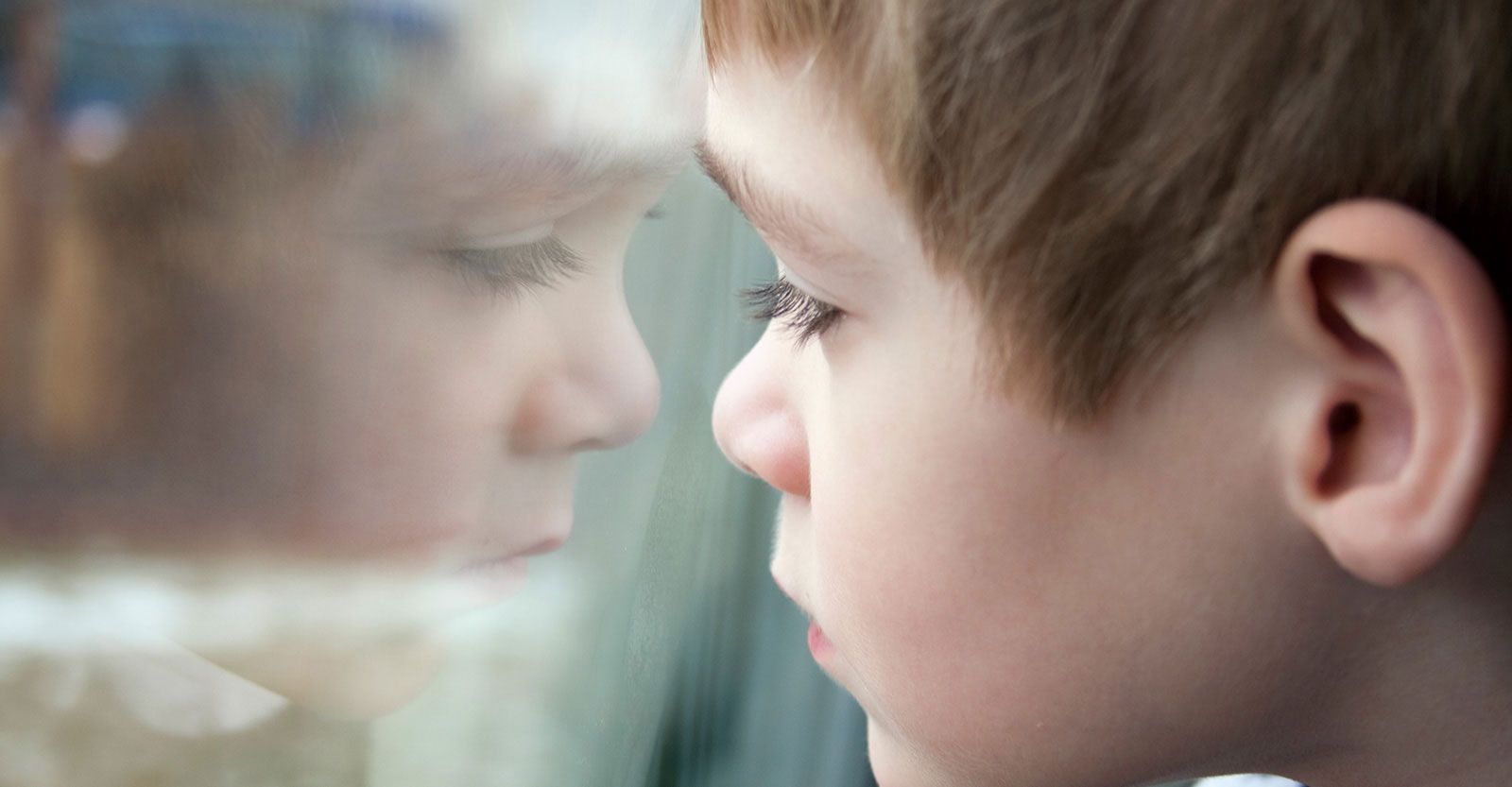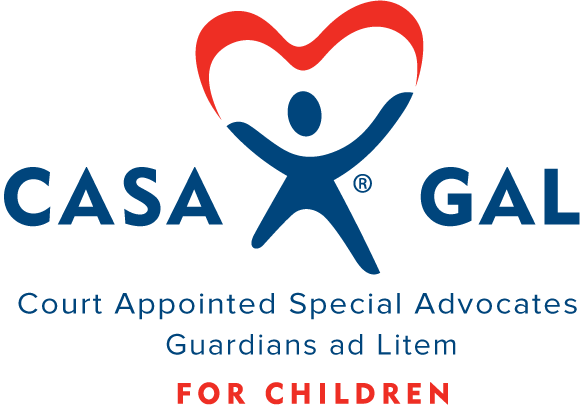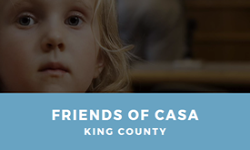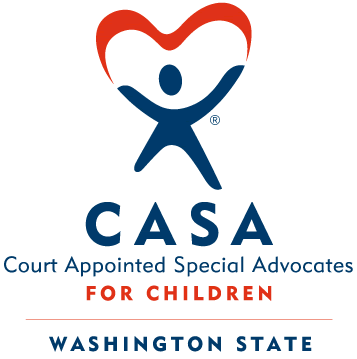-
What is a Dependency CASA (Court Appointed Special Advocate)?
A Dependency CASA is a trained community volunteer who acts as an advocate for the best interests of children who have experienced abuse or neglect and who are the subject of Juvenile Court proceedings.
-
How does a child become involved in court proceedings?
The child comes to the attention of the court once a dependency petition alleging abuse or neglect has been filed at Juvenile Court. At the first hearing, the court may order that a Dependency CASA be appointed for the child.
-
What kind of cases are Dependency CASAs assigned to?
CASAs are appointed to cases in which children are alleged to have been neglected, physically abused, sexually abused, and emotionally abused and/or if a parent or guardian is unable or unwilling to care for the child.
-
How does a CASA collect information about a case?
The CASA talks with the child, parents, family members, social worker, school personnel, health care providers, foster parents and others who know about the child's situation. The Dependency CASA also reviews records pertinent to the case. The amount of time required depends on many factors, such as the complexity of the case and the experience of the Dependency CASA.
-
How long does a CASA remain involved with a case?
The CASA continues to be involved in a case until the child is returned home or has another permanent home and the court dismisses the dependency case. The CASA is a consistent figure in the proceedings and provides continuity for the child unlike other individuals involved who may rotate cases. The program requires a twenty-four month minimum commitment.
-
What kind of training does a Dependency CASA receive?
After careful screening and reference checks, volunteer candidates receive 30 hours of initial training and at least 12 hours per year of ongoing training. The volunteer receives a comprehensive manual which covers the Dependency CASA role, court procedures, judicial protocol, program policies and additional training information. The volunteer is provided with supervision and guidance. Throughout the year there are core trainings, consult groups, recognition events and conferences.
-
What characteristics do we look for in a Dependency CASA?
You must be at least 25 years of age and have the time to commit to this work. We look for qualities rather than credentials. We look for individuals who are:
- Committed to Children
- Open to Personal Growth
- Sensitive to Cultural Issues
- Skilled in Interpersonal Relationships
- Willing to Maintain Objectivity
- Able to use Common Sense
- Creative Problem Solvers
- Flexible with their time -
Once I complete my application will I automatically be accepted into the program?
Applicants are selected based on a combination of their application, background, confidential references and their interview. The program reserves the right to determine suitability and may decide the program is not a good fit for any given applicant.
-
There are several circumstances which might result in your inability to become a current volunteer. Current King County Foster Parents, current employees of the Department of Children Youth and Families (DCYF), and current employees of King County Office of Public Defense are examples of individuals that would have a current conflict of interest. If you feel you may have a conflict and wish to receive clarification before proceeding with a volunteer application, please fill out the "contact us" form available by clicking this linked question.
What We Do
FAQs
